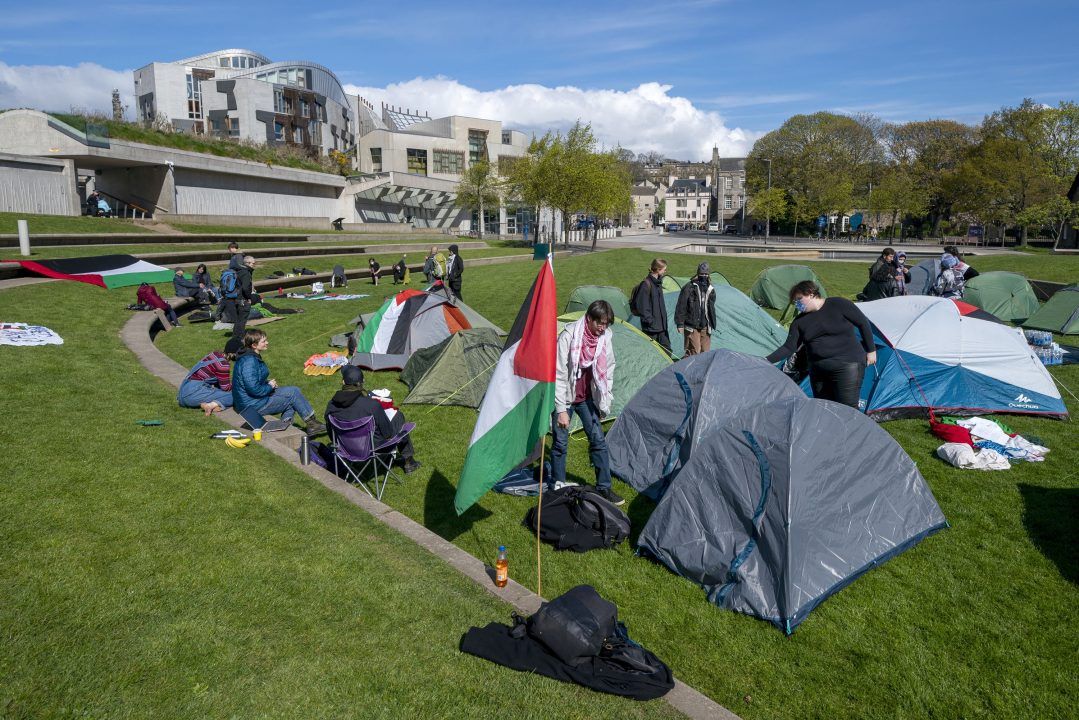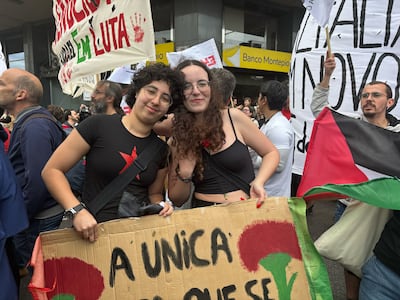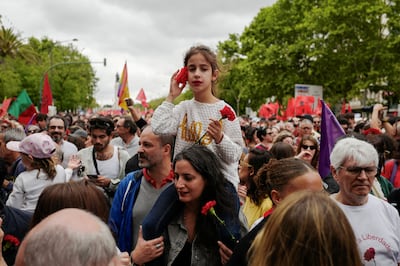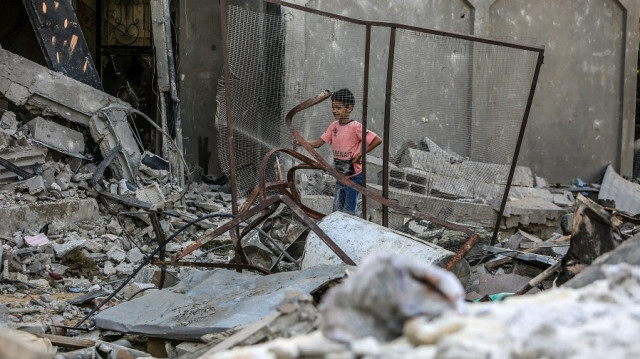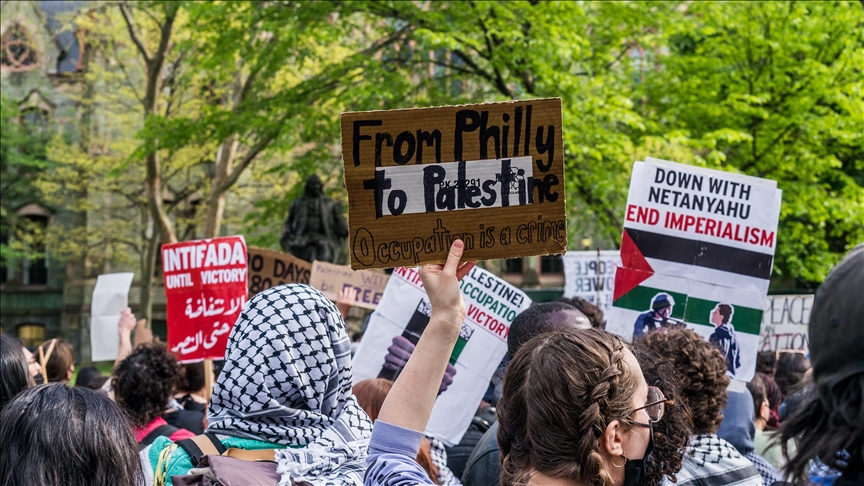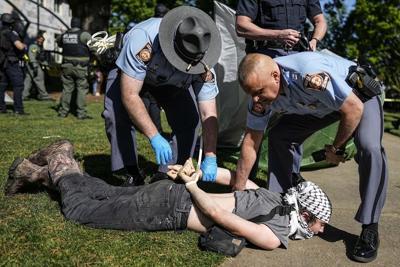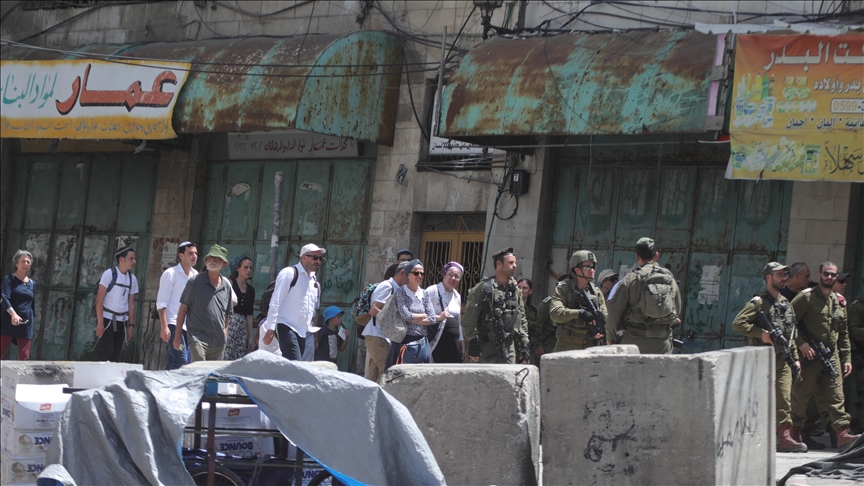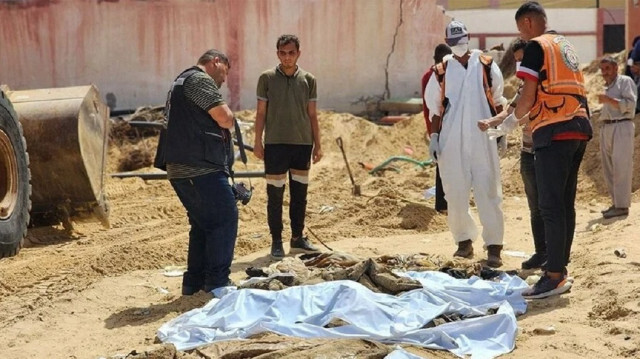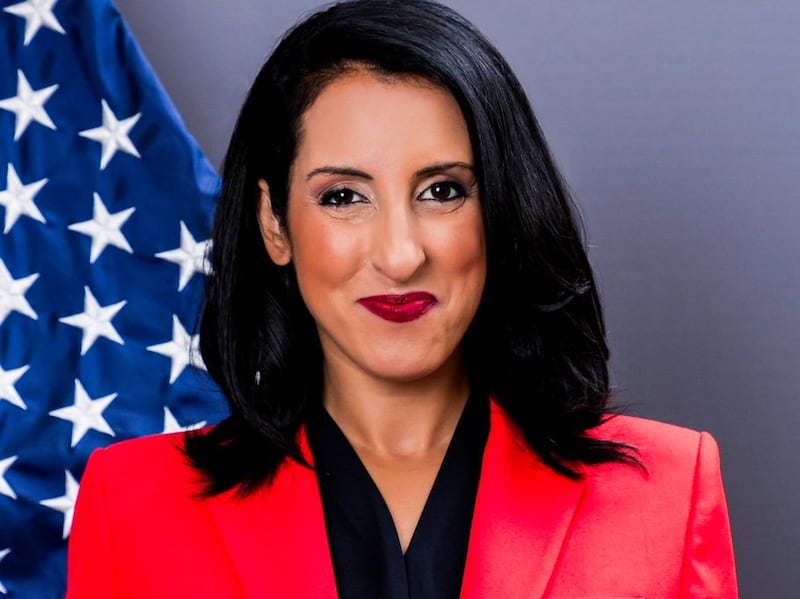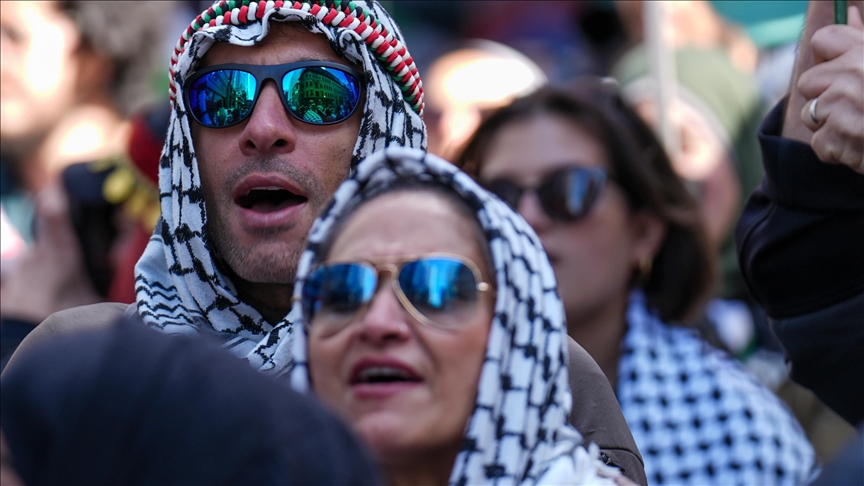The Years 1968 And 2024: Will History Repeat Itself?

Photograph Source: S.Sgt. Albert R. Simpson, Department of Defense – Public Domain
“Those who cannot remember the past are condemned to repeat it.”
– George Santayana, 1905.
In the summer of 1968, I was assigned to the Central Intelligence Agency’s task force on the Soviet invasion of Czechoslovakia. The task force met around the clock in the CIA operations center, which was outfitted with myriad television screens. Most of these screens were showing the Soviet invasion. But several screens were devoted to the violence and mayhem on the streets of Chicago, where Mayor Richard Daley’s police force was pummeling young people holding a protest rally against the Vietnam War. The chaos and the violence, which a federal commission labeled a “police riot,” played a key role in Richard Nixon’s narrow defeat of Hubert Humphrey in the election several months later.
Once again, we are looking toward a Democratic Convention in Chicago in August as well as an election in November that will be close. It could well be decided by the national reaction to the chaos that is taking place on college campuses around the country and that will presumably be followed by demonstrations in Chicago. Does the Biden White House understand this?
In 1968, the Vietnam War was the decisive moral issue of the time. In 2024, Israel’s genocidal warfare in Gaza is the decisive moral issue. The likelihood of an ugly Israeli military campaign in southern Gaza will lead to additional Palestinian deaths and to increased fury at home and abroad.
Hubert Humphrey lost support in 1968 because he was terribly late in speaking out against the immoral war in Vietnam being pursued by President Lyndon B. Johnson. Joe Biden is losing support on a daily basis because he is unwilling to stop underwriting Prime Minister Benjamin Netanyahu’s immoral military campaign in Gaza.
In 1968, the Prague Spring and the Tet Offensive contributed to violent activism and protest activity in the United States. The assassinations of two key anti-war leaders, Martin Luther King, Jr. and Senator Robert F. Kennedy in April and June, respectively, meant the absence of two key anti-war protagonists at the Democratic Convention. When the peace plank was defeated at the convention, additional college students and an assortment of activists and progressives rallied against the U.S. role in Vietnam. Prior to the convention, there were walk-outs at high schools around the country, which contributed to the anti-war fervor that was building before the convention.
Chicago Mayor Richard Daley contributed to the tension by orchestrating a news blackout in an attempt to keep the public from learning about the protest activity in the city. The Chicago police beat protestors at will with clubs and fists. At the convention, Senator Abraham Ribicoff blasted Mayor Daley for what he called the “Gestapo” tactics of the Chicago police. Daley called Ribicoff a “kike” from the floor of the convention. These events garnered more attention than the nominations of Humphrey and Senator Edmund Muskie.
Just as the violence and madness in 1968 pushed conservatives and independents to rally on behalf of Richard Nixon, the potential for violence in Chicago in August could hurt Biden’s chances for reelection in November. Nixon won in 1968 by a narrow margin—less than one point—in a nation divided by the Vietnam War and the civil rights movement. He prevailed in most states outside of the Northeast, and won the electoral vote easily.
Joe Biden is facing similarly beleaguered international and domestic situations. The international situation is particularly ominous, as Biden tries to maneuver on behalf of Ukraine in Central Europe and Israel in the Middle East. Ukraine is losing ground; Israel is losing credibility. Biden is citing the “rule of law” to challenge Russia, but is ignoring the “rule of law” by underwriting Israel’s war in Gaza. Two additional nations complicate Biden’s situation—Iran and North Korea—but the United States does not officially recognize either Tehran or Pyongyang.
The Republicans are doing their best to exploit this situation. Aid to Ukraine was help up for several months by Republican demagogues and obscurantists, and Republican leaders are pandering to supporters of Israel. This week, House Speaker Mike Johnson traveled to Columbia University to encourage the dismantling of pro-Palestinian encampments and the resignation of President Minouche Shafik.
Shafik has been targeted by Republican members of the House of Representatives who are pummeling college presidents (particularly female presidents) at so-called elite universities. The resignations of the presidents at the University of Pennsylvania and Harvard University have already taken place. Johnson’s demagoguery could result in the resignation of Shafik as key Republicans in the House pursue their “anti-woke” agenda, which is in fact part of a right-wing campaign against the diversity, equity, and inclusion programs at key institutions.
George Santayana argued in “The Life of Reason” that if our world is ever going to make progress, it needs to remember what it’s learned from the past. Sadly, President Biden has learned little about both the deceit of Benjamin Netanyahu and the danger of supporting an immoral war.
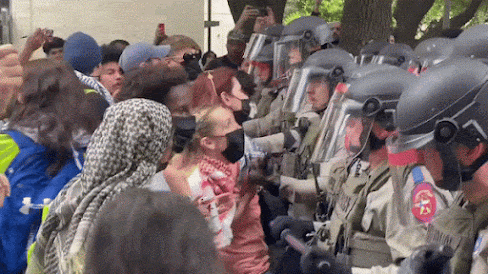

 A coalition of University of Michigan students rally at an encampment in the Diag to pressure the university to divest its endowment from companies that support Israel or could profit from the ongoing conflict on the University of Michigan college campus in Ann Arbor — Reuters
A coalition of University of Michigan students rally at an encampment in the Diag to pressure the university to divest its endowment from companies that support Israel or could profit from the ongoing conflict on the University of Michigan college campus in Ann Arbor — Reuters


 Demonstrators and students hit a wall as they shout slogans during a protest against the Chilean public education system and the results of the referendum on a new constitution, in Santiago, Chile September 6, 2022 — Reuters
Demonstrators and students hit a wall as they shout slogans during a protest against the Chilean public education system and the results of the referendum on a new constitution, in Santiago, Chile September 6, 2022 — Reuters

